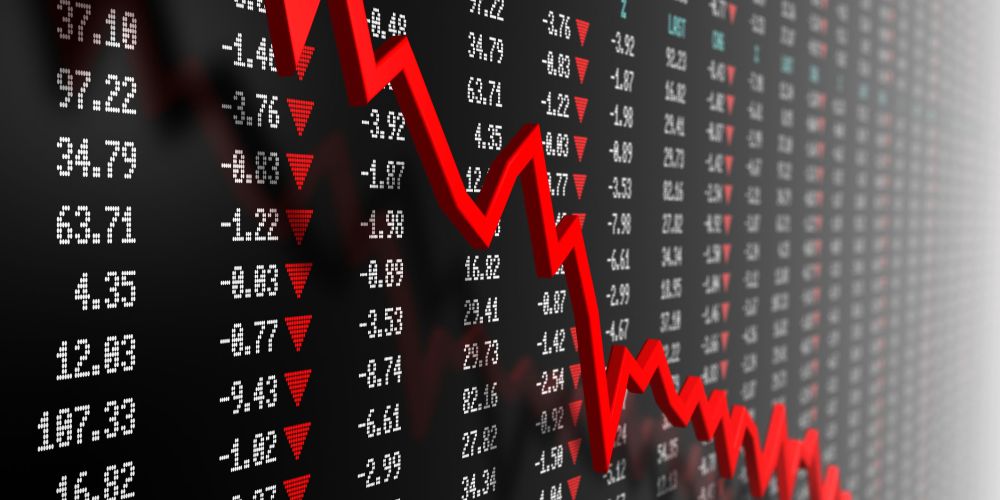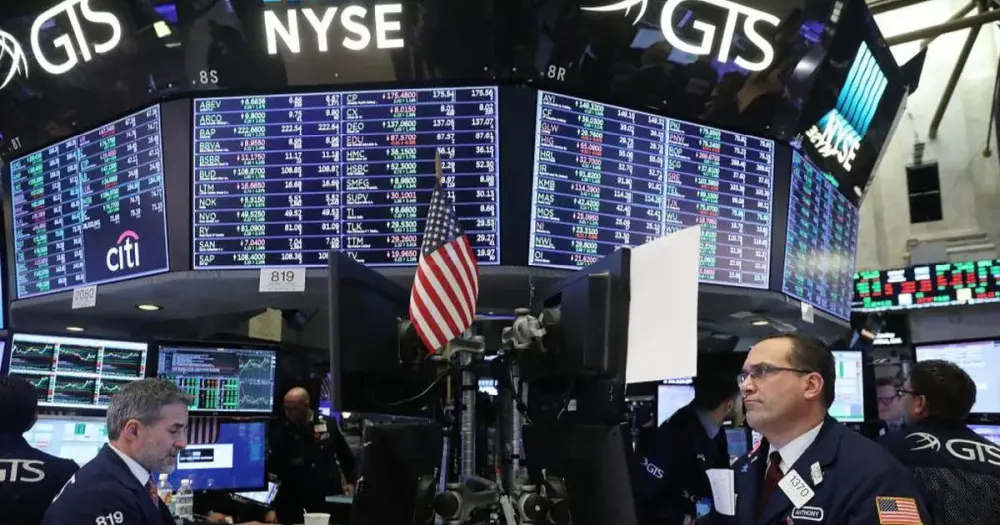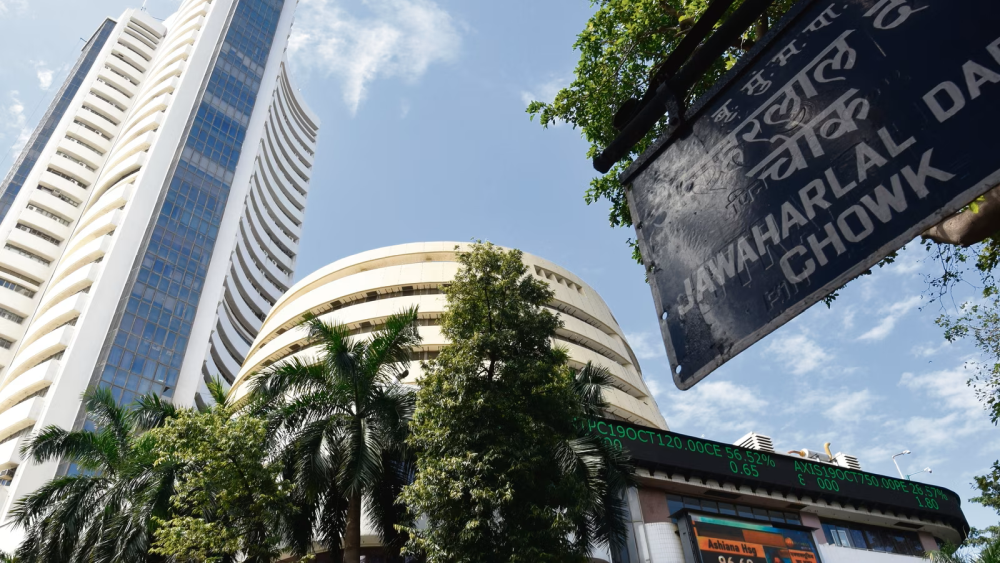The day the stock market went south in August 2024 marked a significant turning point in the financial world. Investors woke up to an unexpected plunge that rattled markets globally. This downturn was triggered by a series of interconnected events, including disappointing earnings reports from major tech companies, geopolitical tensions escalating in several regions, and unexpected policy changes from central banks. The rapid sell-off created a ripple effect, causing widespread panic among traders and leading to one of the most significant single-day losses in recent history.

The impact of this market crash was felt across various sectors, with technology, finance, and consumer goods bearing the brunt of the downturn. Companies that had been considered stable and growth-oriented saw their stock prices tumble, erasing billions of dollars in market value. The volatility in the market was exacerbated by automated trading systems, which accelerated the sell-off as pre-programmed algorithms responded to the plummeting prices. This created a vicious cycle, where declining prices triggered more automated selling, further driving down the market.

In the aftermath, investors and analysts scrambled to make sense of the situation and predict the market’s next move. Many financial experts pointed to underlying economic weaknesses that had been ignored or underestimated. Issues such as rising inflation, supply chain disruptions, and slowing economic growth were suddenly thrust into the spotlight. This crash served as a stark reminder of the market’s inherent unpredictability and the importance of maintaining a diversified investment portfolio to mitigate risks.

Government and financial institutions quickly moved to stabilize the market, implementing measures to restore investor confidence. Central banks hinted at potential interest rate cuts, and regulatory bodies introduced temporary bans on short-selling to curb the downward spiral. Despite these efforts, the market’s recovery was expected to be slow, with analysts predicting a prolonged period of volatility. This event underscored the fragility of the global financial system and the need for vigilance in navigating its complexities.

#StockMarketCrash #FinancialCrisis2024 #MarketDownturn #InvestmentTips #EconomicAnalysis
